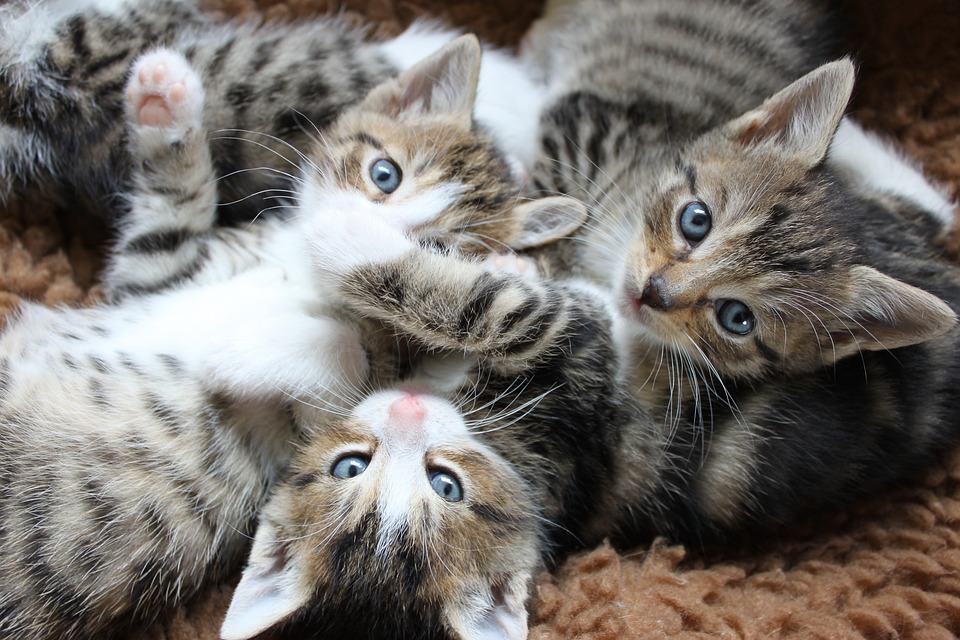as your cat ages, it is crucial to prioritize their health and well-being. By understanding and managing common health issues in senior cats, you can ensure that your feline companion enjoys a happy and healthy life. Arthritis and joint pain are common conditions in senior cats, causing discomfort and decreased mobility. Look out for signs such as difficulty in jumping, stiffness, and reluctance to be touched. Providing your cat with comfortable bedding and incorporating joint supplements into their diet can help manage arthritis symptoms.
Dental disease is another prevalent issue in senior cats. Bad breath, difficulty eating, and pawing at the mouth are indicators of dental problems. Regular dental check-ups, brushing your cat’s teeth, and offering dental-friendly treats or toys can aid in maintaining good oral health.
Kidney disease is a common ailment in senior cats, leading to increased thirst, frequent urination, and weight loss. Regular veterinary check-ups, monitoring water intake, and feeding a kidney-friendly diet can help manage this condition.
Hyperthyroidism, characterized by an overactive thyroid gland, can cause weight loss, increased appetite, and restlessness. Treatment options such as medication, radioactive iodine therapy, or surgery are available to manage hyperthyroidism.
Diabetes is another health issue that can affect senior cats. Increased thirst, frequent urination, and weight loss are common signs. Insulin therapy, diet modifications, and regular monitoring can help manage diabetes and improve your cat’s overall health.
Obesity is a significant concern in senior cats and can lead to various other health issues. Limiting calorie intake, providing balanced meals, and engaging your cat in regular exercise can aid in weight management and prevent obesity-related problems.
To manage these health issues in senior cats, it is important to schedule regular veterinary check-ups. Your veterinarian can perform thorough examinations, recommend appropriate tests, and provide guidance on managing your cat’s specific health concerns.
Feeding your senior cat a balanced and nutritionally appropriate diet is essential. Consult your veterinarian to determine the best diet plan for your cat’s age, health condition, and any specific dietary requirements. Maintaining a healthy weight is also crucial, and your veterinarian can provide guidance on portion control and suitable weight loss strategies if necessary.
Regular dental care is essential for preventing dental disease in senior cats. Brushing your cat’s teeth regularly, providing dental treats or toys, and scheduling professional dental cleanings can help maintain good oral hygiene.
Creating a stimulating environment for your senior cat can promote mental and physical well-being. Provide scratching posts, interactive toys, and comfortable resting areas to keep your cat active and engaged. Regular exercise is also important for maintaining muscle tone and overall health. Encourage playtime with interactive toys, engage in gentle exercise routines, or consider providing a cat tree for climbing and jumping.
If your senior cat requires medication or supplements to manage specific health issues, ensure proper administration as prescribed by your veterinarian. Follow dosage instructions carefully and monitor your cat for any adverse reactions or improvements.
In conclusion, managing common health issues in senior cats is crucial for their overall well-being. By understanding these health problems and implementing appropriate management strategies, you can ensure that your senior feline companion enjoys a happy and healthy life. Regular veterinary check-ups, balanced diet and nutrition, weight management, dental care and hygiene, environmental enrichment, exercise and physical activity, and medication and supplements all play vital roles in maintaining senior cat health. By being proactive and attentive to your cat’s needs, you can provide them with the best possible care in their golden years.








